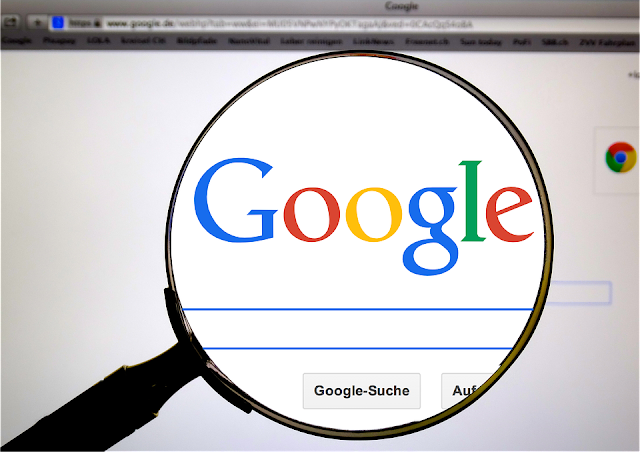1. Babies filer noise from language
Babies filter noise from language: Babies are born into a world of noise, with sounds coming from all around them. However, amidst all this noise, babies are able to filter out the sounds that are important for language development. This ability to filter out noise from language is crucial for babies to acquire language, and it is a process that begins even before they are born.
Thank you for reading this post, don't forget to subscribe!While still in the womb, babies are able to hear a wide range of sounds, including speech sounds. Research has shown that by the time they are born, babies are able to distinguish between different languages and even different dialects. This ability to filter out noise from language is essential for babies to be able to learn the language or languages spoken around them.
After birth, babies continue to filter out noise from language. They are particularly attuned to the rhythms and prosody of speech, which are the patterns of stress and intonation that give speech its melody. They are able to pick up on these patterns and use them to filter out noise from language.
One of the key ways that babies filter out noise from language is by focusing on the speech of their primary caregivers. They are able to tune out other voices and background noise in order to focus on the speech of their parents or other primary caregivers. This is because babies are wired to pay attention to the voices of people who are important to them, and to learn from them.
To add, babies are able to filter out noise from language by recognizing the patterns of speech. They learn to recognize the patterns of syllables and words in the language spoken around them, and use these patterns to filter out noise from language. This process is known as statistical learning, and it is thought to be a key mechanism for language learning in babies.
In a nutshell, babies have an amazing ability to filter out noise from language. Even before they are born, babies are able to distinguish between different languages and dialects. After birth, they continue to filter out noise from language by focusing on the speech of their primary caregivers and recognizing the patterns of speech. This ability to filter out noise from language is crucial for babies to acquire language, and it is a process that begins even before they are born.
You can check another article about the phenomenon of babies and filtering
Speech and Language development
Speech and language development are crucial milestones in a child’s development, as they are the foundation for communication and social interaction. Children begin to develop these skills from birth, and they continue to develop throughout childhood. Understanding the milestones of speech and language development can help parents, caregivers, and educators recognize when a child may need additional support or intervention.
Speech development refers to the physical ability to produce sounds and words, while language development is the ability to understand and use words and sentences. Both are closely related, and they typically develop in parallel.
In the first year of life, babies begin to make cooing and babbling sounds, which gradually become more complex. Around 6-12 months, babies begin to use their first words, and by 18 months, they have a vocabulary of around 50 words. By 2 years old, children can typically say around 200-300 words, and they are beginning to put words together to form short sentences.

Language development also begins early in life. Even before babies can say their first words, they are able to understand simple phrases and commands. Around 6-12 months, babies begin to understand the meaning of more words and they start to respond to simple questions. By 18 months, they are able to understand simple stories and follow simple instructions. By 2 years old, children can understand and use around 300-500 words, and they are able to follow more complex instructions and engage in simple conversations.
It’s important to note that speech and language development can vary widely among children, and some children may develop these skills more slowly than others. Factors such as hearing loss, autism, or a family history of language difficulties can affect speech and language development. Additionally, children who come from non-English speaking backgrounds may have different developmental milestones for their first language.
To promote speech and language development, it is important for parents, caregivers, and educators to provide children with a rich and nurturing language environment. This includes talking to children, reading to them, singing songs, and engaging in other activities that involve language. Additionally, providing children with opportunities to interact with other children, and encouraging them to communicate their wants and needs, can also help promote speech and language development.
Speech and language development are crucial milestones in a child’s development. Children begin to develop these skills from birth, and they continue to develop throughout childhood. Understanding the milestones of speech and language development can help parents, caregivers, and educators recognize when a child may need additional support or intervention. Additionally, providing children with a rich and nurturing language environment, and opportunities to interact with other children, can help promote speech and language development.







